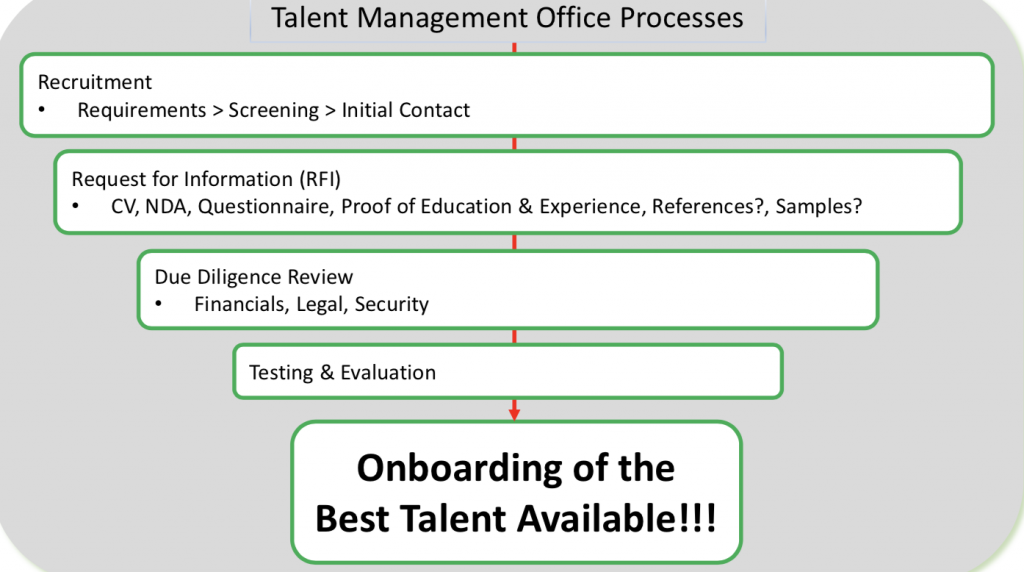Check it out – the most fun Software and Game l10n project I’ve ever done!
I’m assuming that many of you who are reading this blog post is from MIIS or inside the localization industry. I would personally say, this is the most challenging and fun project for my whole grad school, I am pretty excited to illustrate on how we found this project and how we managed through.
Out project is an iOS app written in Swift (programming language). It is open source so totally free. You can find it here.
Most of you should know how to play it. So here is just a quick demo on how it works and what words/text that need to be translated.
Here is the whole detailed presentation we did in class if any of you would like to have a look. Click here.
How to form a Talent Management office and what tricks are in there?
Before diving deeper into the current situation inside localization industry, I’d like to propose a question: where have you ever seen a talent management situation?
You might say “No, I’ve never seen such a situation in my life.”, or ” Oh, maybe just when I am applying for a job, I am the applicant, the so-called talent. So I guess the company’s HR team is what you referred as talent management?”. Actually the latter might be right. However, this actually happens in your daily life.
Imagine, you are doing a group project showcase, you are looking for team members. Actually during the selection process, you are actually using “criteria” to help you decide who you want to work with: he/she is your friend maybe; he/she is really a tech savvy; he/she can do really good presentation, etc. Therefore, recruiting people and managing talent is happening all the time around the world, especially given that it’s a team-work era.
Back into our localization industry, the talent we are talking here is basically translators or interpreters for a Language Service Provider (short as LSP). We are not going to dive deeper here into what different structures a LSP could have, but generally speaking, when the company is not mature enough or large enough, it won’t have its own Talent Management office internally. There might just be one or two project managers who will recruit translators themselves. However, if a company wants to grow and be more efficient as well recruiting the best talent inside the industry, an organized structure is needed.
In the following parts, I will talk about what the general stages a recruitment process might contain and what might happen during the whole process.

Source: Feeding into Process.pdf ( by Alaina Brantner)
First of all, as a Talent Management Office, you might want to create your own policies for each steps. As for the policies, you might not only need to consider citing source to create it. Instead, just try to think about what policies you are using inside your team to make sure the whole recruitment process is sufficient enough. Below is an example of how you could develop the policy for your talent management office.


Recent Comments